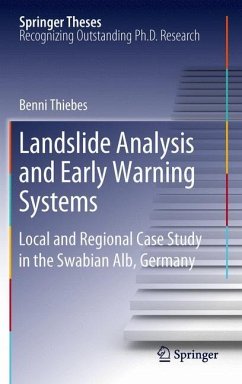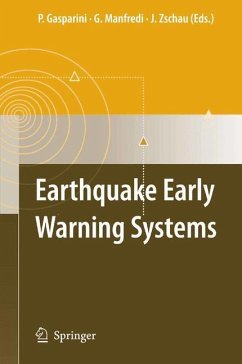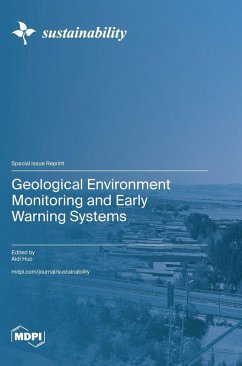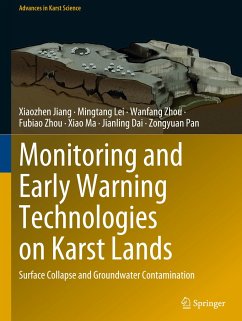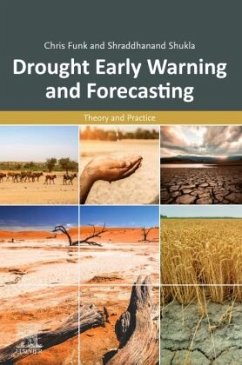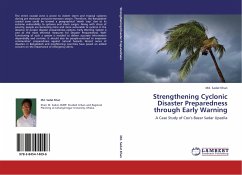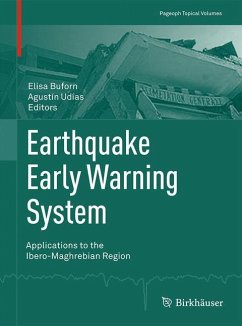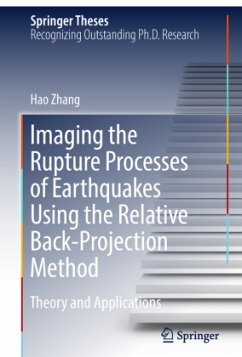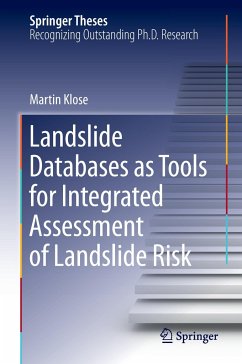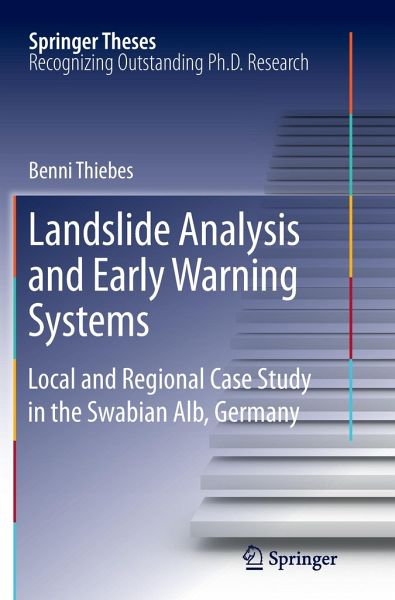
Landslide Analysis and Early Warning Systems
Local and Regional Case Study in the Swabian Alb, Germany
Versandkostenfrei!
Versandfertig in 6-10 Tagen
76,99 €
inkl. MwSt.
Weitere Ausgaben:

PAYBACK Punkte
38 °P sammeln!
Recent landslide events demonstrate the need to improve landslide forecasting and early warning capabilities in order to reduce related risks and protect human lives. In this thesis, local and regional investigations were carried out to analyse landslide characteristics in the Swabian Alb region, and to develop prototypic landslide early warning systems. In the local study area, an extensive hydrological and slope movement monitoring system was installed on a seasonally reactivated landslide body located in Lichtenstein- Unterhausen. Monitoring data was analysed to assess the influence of rain...
Recent landslide events demonstrate the need to improve landslide forecasting and early warning capabilities in order to reduce related risks and protect human lives. In this thesis, local and regional investigations were carried out to analyse landslide characteristics in the Swabian Alb region, and to develop prototypic landslide early warning systems.
In the local study area, an extensive hydrological and slope movement monitoring system was installed on a seasonally reactivated landslide body located in Lichtenstein-
Unterhausen. Monitoring data was analysed to assess the influence of rainfall and snow-melt on groundwater conditions, and the initiation of slope movements.
The coupled hydrology-slope stability model CHASM was applied to detect areas most prone to slope failures, and to simulate slope stability using a variety of input data. Subsequently, CHASM was refined and two web-based applications were developed: a technical early warning system to constantly simulate slope stability integrating rainfall measurements, hydrological monitoring data and weather forecasts; and a decision-support system allowing for quick calculation of stability for freely selectable slope profiles. On the regional scale, available landslide inventory data were analysed for their use in evaluation of rainfall thresholds proposed in other studies. Adequate landslide events were selected and their triggering rainfall and snow-melting conditions were compared to intensity-duration and cumulative thresholds. Based on the results, a regional landslide early warning system was developed and implemented as a webbased application.
Both, the local and the regional landslide early warning systems are part of a holistic and integrative early warning chain developed by the ILEWS project, and could easily be transferred to other landslide prone areas.
In the local study area, an extensive hydrological and slope movement monitoring system was installed on a seasonally reactivated landslide body located in Lichtenstein-
Unterhausen. Monitoring data was analysed to assess the influence of rainfall and snow-melt on groundwater conditions, and the initiation of slope movements.
The coupled hydrology-slope stability model CHASM was applied to detect areas most prone to slope failures, and to simulate slope stability using a variety of input data. Subsequently, CHASM was refined and two web-based applications were developed: a technical early warning system to constantly simulate slope stability integrating rainfall measurements, hydrological monitoring data and weather forecasts; and a decision-support system allowing for quick calculation of stability for freely selectable slope profiles. On the regional scale, available landslide inventory data were analysed for their use in evaluation of rainfall thresholds proposed in other studies. Adequate landslide events were selected and their triggering rainfall and snow-melting conditions were compared to intensity-duration and cumulative thresholds. Based on the results, a regional landslide early warning system was developed and implemented as a webbased application.
Both, the local and the regional landslide early warning systems are part of a holistic and integrative early warning chain developed by the ILEWS project, and could easily be transferred to other landslide prone areas.





